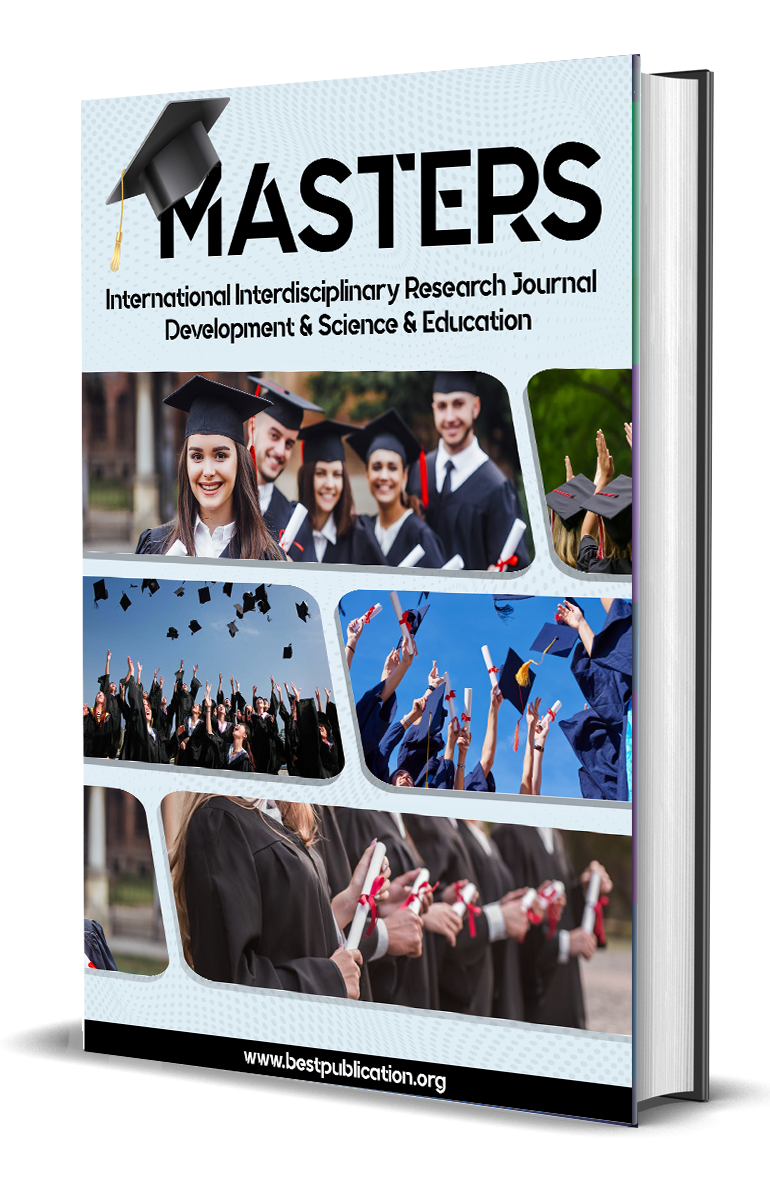USING NATURAL SITUATIONS TO INCREASE STUDENT ENGAGEMENT IN TEACHING PHYSICS
Keywords:
physics education, student engagement, real-life context, natural situations, constructivist learning, motivationAbstract
This article explores the effectiveness of using natural, real-life situations to enhance student engagement in physics education. Student engagement is a critical component of meaningful learning, particularly in complex and abstract subjects like physics. By incorporating natural contexts—such as weather phenomena, sports, and everyday mechanical devices—teachers can make physics more relatable and understandable. This study draws on constructivist learning theories and recent research on context-based learning to analyze how real-world applications stimulate cognitive interest and motivation. The article also presents practical strategies and examples for integrating natural situations into lesson plans. Findings suggest that such an approach not only improves student participation but also deepens conceptual understanding.
References
1. Bennett, J., Lubben, F., & Hogarth, S. (2007). Bringing science to life: A synthesis of the research evidence on the effects of context-based and STS approaches to science teaching. Science Education, 91(3), 347–370. https://doi.org/10.1002/sce.20186
2. Gilbert, J. K. (2006). On the nature of “context” in chemical education. International Journal of Science Education, 28(9), 957–976. https://doi.org/10.1080/09500690600702470
3. Jonassen, D. H. (1997). Instructional design models for well-structured and ill-structured problem-solving learning outcomes. Educational Technology Research and Development, 45(1), 65–94. https://doi.org/10.1007/BF02299613
4. Piaget, J. (1972). Psychology and Epistemology: Towards a Theory of Knowledge. Viking Press.
5. Pilot, A., & Bulte, A. M. W. (2006). The use of “contexts” as a challenge for the chemistry curriculum: Its successes and the need for further development and understanding. International Journal of Science Education, 28(9), 1087–1112. https://doi.org/10.1080/09500690600730737
6. Taber, K. S. (2009). Progressing science education: Constructing the scientific research programme into the contingent nature of learning science. Springer.
7. Vygotsky, L. S. (1978). Mind in society: The development of higher psychological processes. Harvard University Press.




